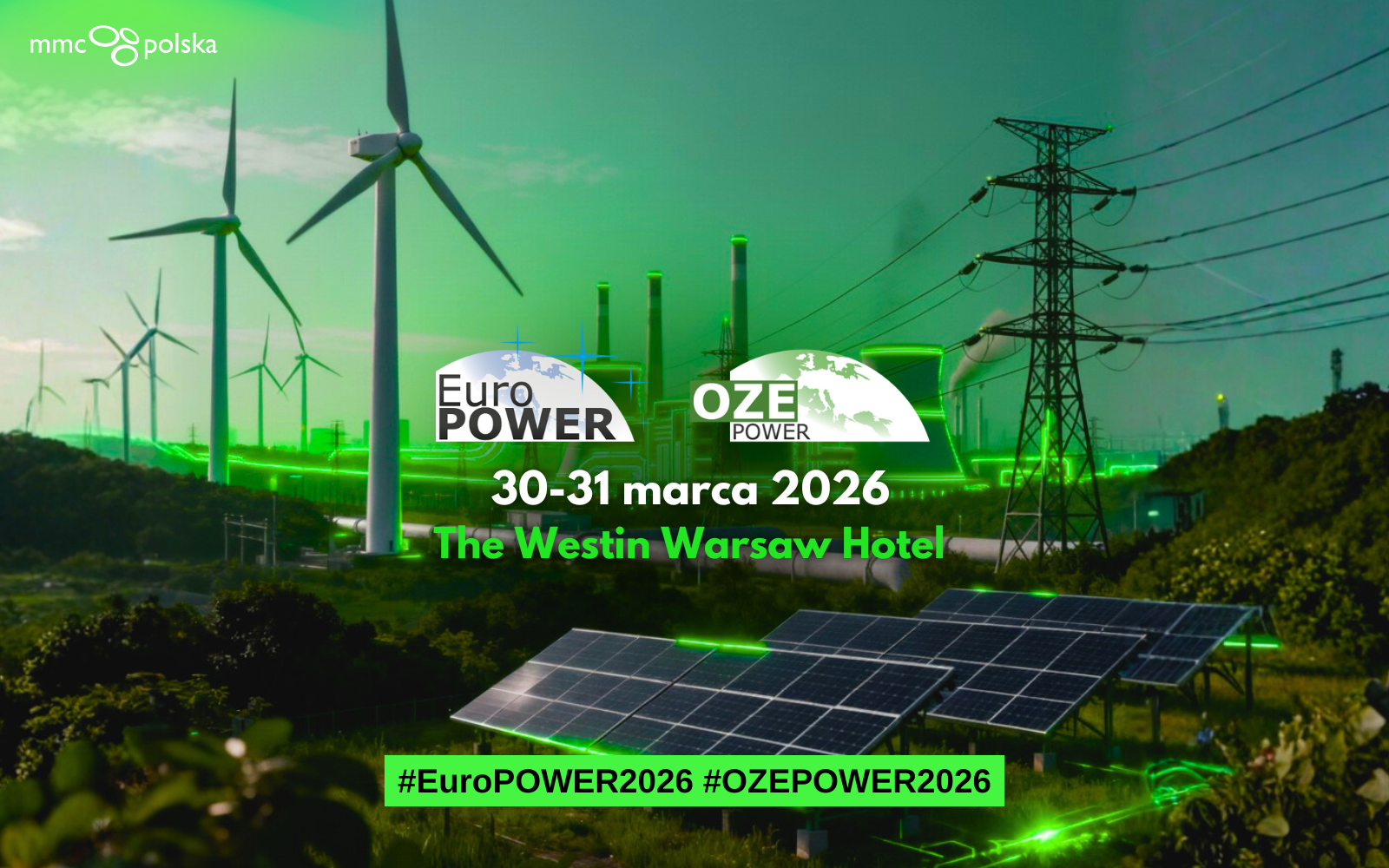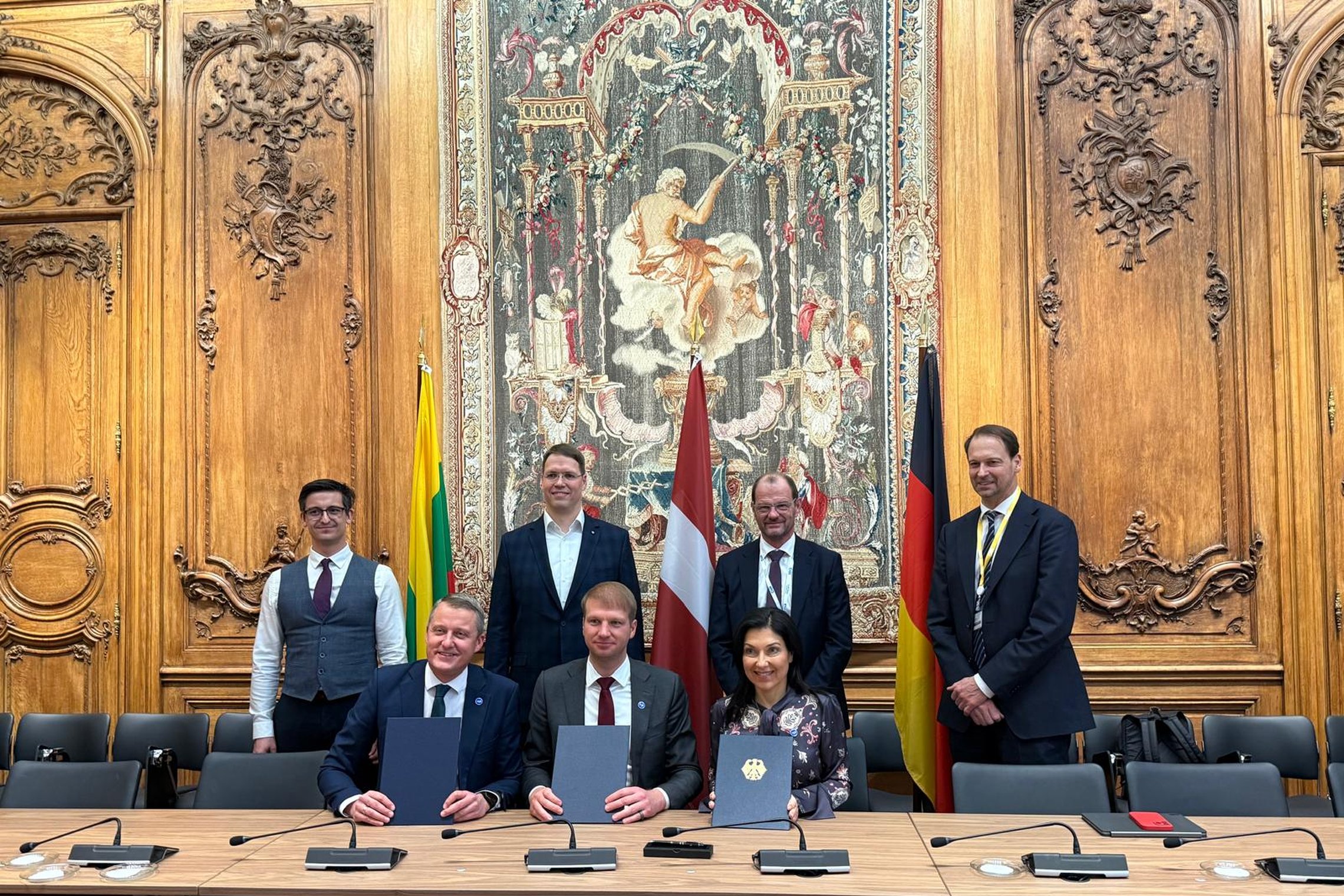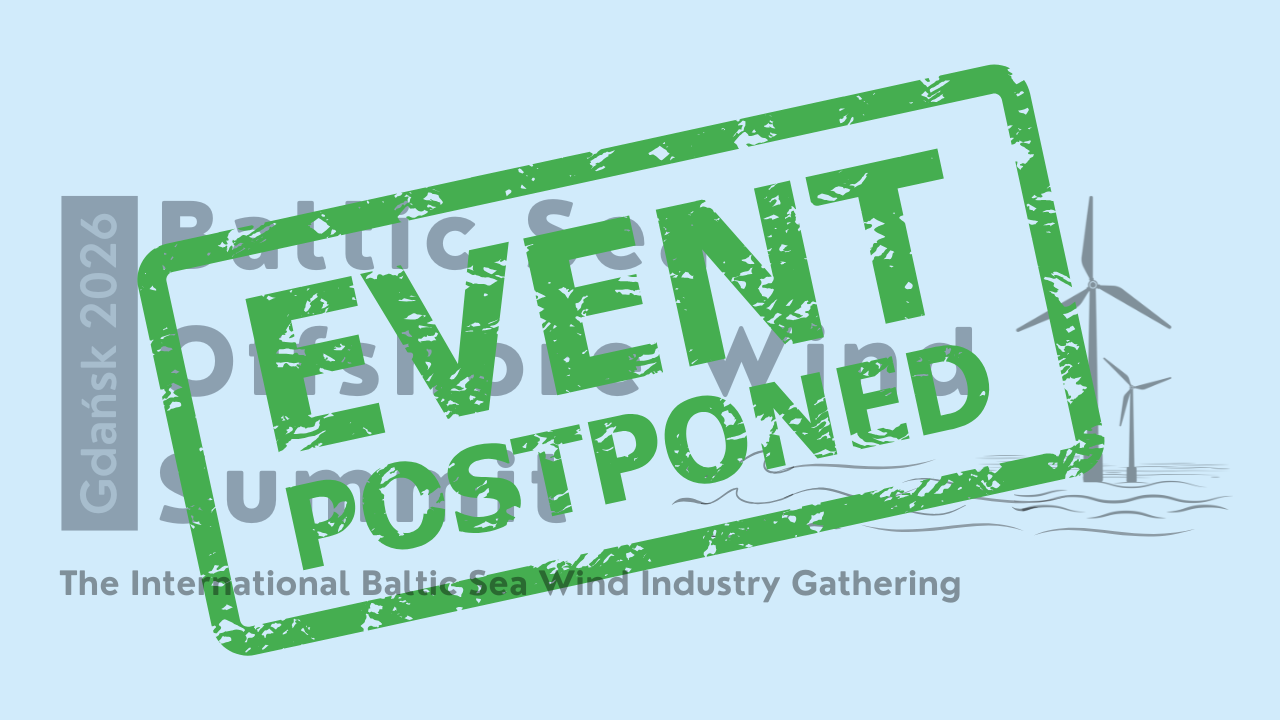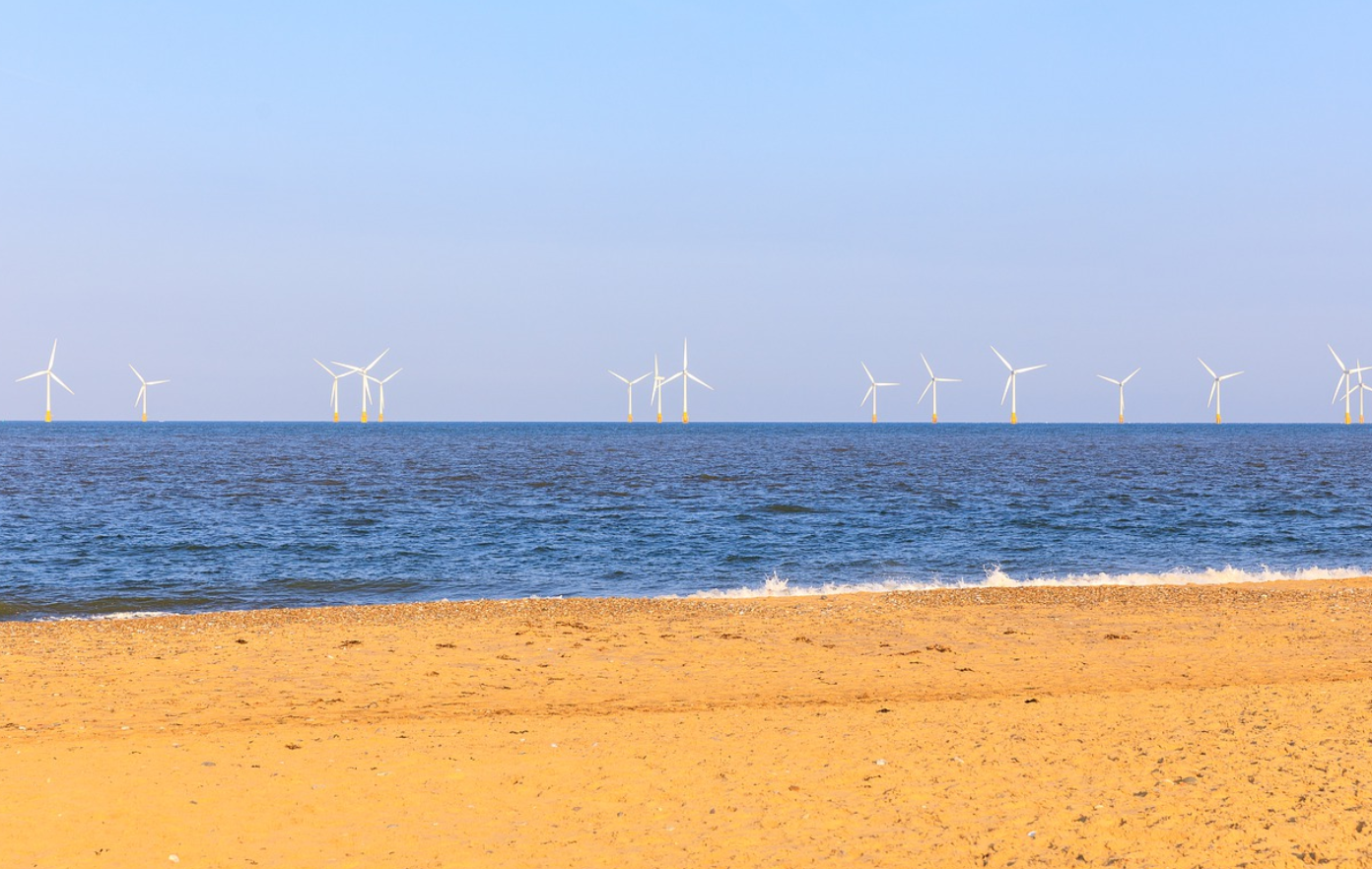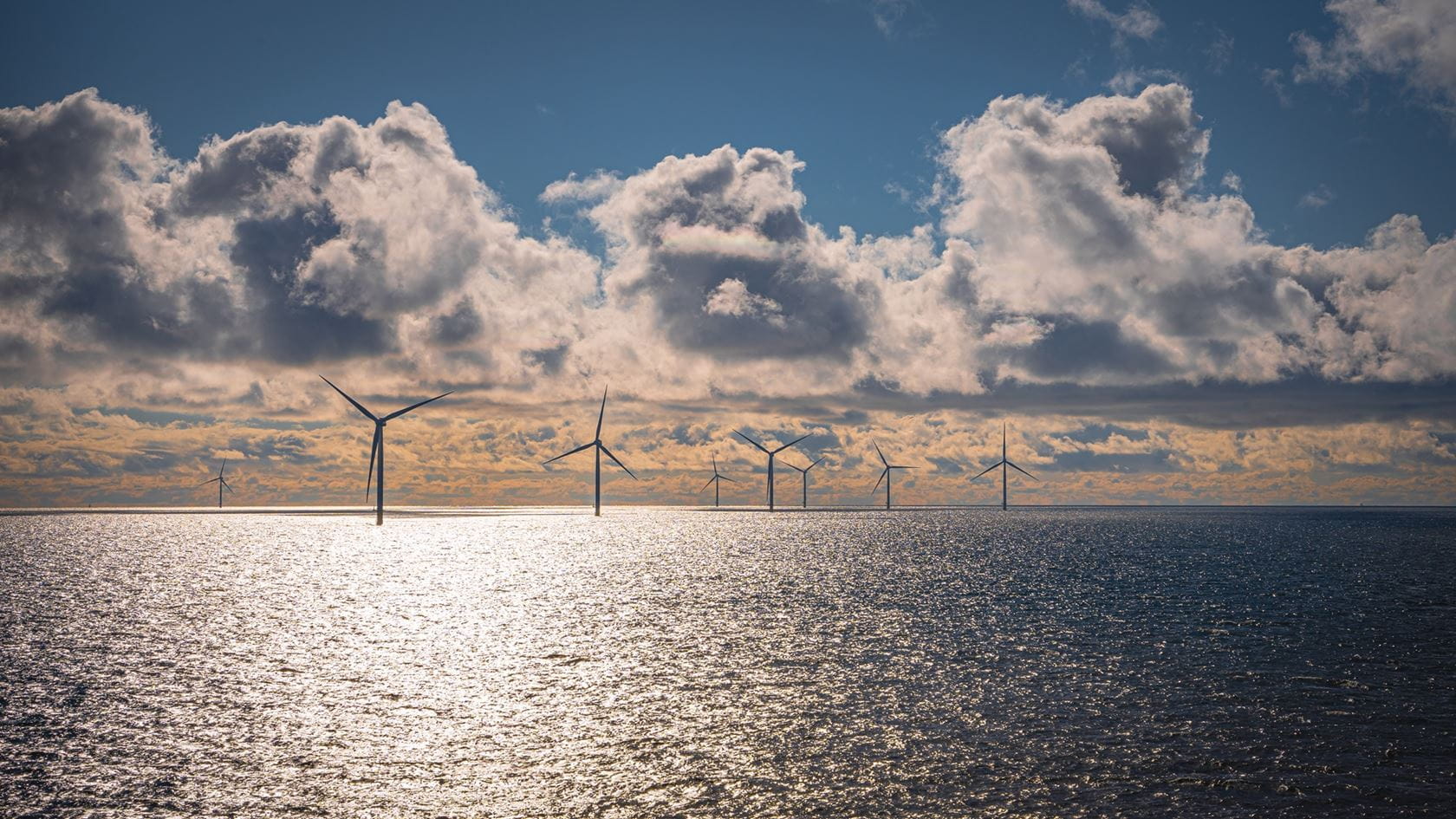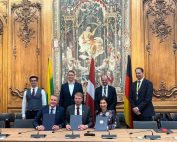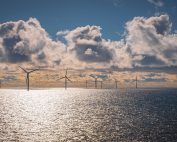Ocean Winds, a global offshore wind developer, has signed a groundbreaking agreement with CRIST Offshore for the design, construction, and commissioning of the offshore substation (OSS) for the BC-Wind project. This marks the first Tier 1 contract in Poland awarded to a local supplier for such a key infrastructure component, representing a major step forward for the country’s offshore wind sector and its role in Europe’s energy transition.
In this interview with BalticWind.EU, Dan Finch, Country Manager for Poland at Ocean Winds, discusses the significance of this partnership, its impact on the local supply chain and Polish shipbuilding industry, and how it ties into broader European energy goals. More than just a contract, it’s a signal that Poland is ready to play a pivotal role in the future of renewable energy in the Baltic Sea and beyond.
Krzysztof Bulski, BalticWind.EU: Could you provide some details about the signed contract between Ocean Winds and CRIST Offshore for the construction of the offshore substation? What makes this agreement a milestone for the offshore wind sector in Poland and more broadly in the Baltic Sea region?
Dan Finch, Country Manager for Poland, Ocean Winds: The contract signed between Ocean Winds and CRIST Offshore for the BC-Wind project marks a major milestone in Poland’s offshore wind sector. As the first-ever TIER 1 contract with a local supplier, this sets a new benchmark for the industry in Poland. CRIST Offshore will be responsible for the complete design, construction, and commissioning of the offshore substation, which is a key infrastructure element of the wind farm. What makes this agreement particularly significant is that it reflects not only the capabilities of Polish suppliers but also our ongoing success in working with other skilled Polish companies across Europe to help deliver projects. For example, Polish suppliers have been instrumental in the production of project documentation and obtaining permits for the offshore cables of the BC-Wind project. This partnership showcases Poland’s ability to handle technologically advanced renewable energy projects, positioning both Poland and the Baltic Sea region as key players in the offshore wind sector.
Krzysztof Bulski: The agreement with CRIST Offshore marks the first TIER 1 contract in Poland’s offshore wind sector. How do you think this partnership will impact the development of the Polish supply chain and contribute to the growth of the local offshore wind industry?
Dan Finch: This agreement is a game-changer for the Polish supply chain. By selecting CRIST Offshore as a TIER 1 supplier, we’re reinforcing Poland’s position in the offshore wind sector while stimulating the growth of local industries. It highlights that Polish companies can deliver large-scale, complex projects. Moreover, our ambition extends to working with others in the offshore wind industry across Poland. This will allow us to develop and construct new wind farms, promoting energy independence while leveraging Polish innovation and engineering expertise across all stages, from design to delivery. By expanding this expertise, we aim to grow Poland’s offshore wind industry and play a role in growing offshore wind development across Europe and beyond. Ocean Winds is proud to be the partner of choice in this process, leading the way in creating a more sustainable and energy-independent future for Poland.
Krzysztof Bulski: How does this contract align with the broader European goals for expanding offshore wind capacity and energy independence?
Dan Finch: This contract aligns perfectly with Europe’s broader goals of increasing offshore wind capacity and achieving energy independence. By tapping into local suppliers, we are supporting Poland’s renewable energy transition while fostering energy security. This project is a significant step toward green energy and demonstrates how local industries can contribute to meeting European energy targets. Additionally, it strengthens the local Polish market by reducing dependence on foreign suppliers and minimizing CO₂ emissions from long-distance transportation, as the components are produced domestically. Supporting local industries in this way enables a more sustainable and self-sufficient energy future for Poland and Europe.
Krzysztof Bulski: Can you elaborate on the process that led to selecting CRIST Offshore as a Tier 1 supplier for this project?
Dan Finch: The selection of CRIST Offshore as our Tier 1 supplier for the BC-Wind project was based on their proven expertise, track record, and capacity to handle complex offshore wind projects. They have demonstrated significant competence in manufacturing structures for the energy sector and have a strong commitment to quality and innovation. Their ability to oversee the full execution of this project, from design to commissioning, while maintaining the highest safety standards, made them the ideal partner. Their commitment to safety is a crucial differentiator, ensuring that all aspects of the design, fabrication, and future operation meet the highest levels of performance and safety.
Krzysztof Bulski: What role do you believe this project will play in strengthening Poland’s shipbuilding industry, and how do you see it influencing the broader economy of the region?
Dan Finch: This project will play a key role in strengthening Poland’s shipbuilding industry, as the offshore substation will be built at the shipyard in Gdynia. It serves as a prime example of how local industries can contribute to cutting-edge projects within the offshore wind sector. Beyond shipbuilding, we expect this project to stimulate the broader local economy by leveraging Polish expertise, creating opportunities for innovation, and enhancing the competitiveness of the Polish offshore wind market. Through projects like BC-Wind, we are positioning Poland as a strong player in the offshore wind industry, driving economic growth and advancing the country’s competitive edge in global energy markets.
Krzysztof Bulski: Can you provide an update on the current progress of the BC-Wind project, specifically regarding the construction of the offshore substation and any key milestones that have been achieved so far?
Dan Finch: The BC-Wind project is progressing smoothly, with the offshore substation design underway. The substation is scheduled for completion by mid-2027. Offshore construction will commence in 2027, and onshore work is expected to begin in 2026. Securing the contract with CRIST Offshore was a key milestone, but we are only at the beginning of an exciting journey. As the project moves forward, we have several key milestones to achieve, and we look forward to sharing more details soon.
Krzysztof Bulski: Looking ahead to 2025, what are the key plans and milestones for the BC-Wind project, and how do they align with the continued growth of Poland’s offshore wind sector?
Dan Finch: Looking ahead to 2025, the BC-Wind project will move into its next stages, with several key milestones expected. BC-Wind will be our first offshore wind farm in the Baltic Sea, and we are on track, with environmental permits already secured for both the onshore and offshore components, as well as grid connection conditions. We have also completed essential geotechnical and geophysical surveys, providing crucial insights into seabed conditions. In 2025, our focus will be on finalizing the contracting of key component suppliers, preparing the service base in Władysławowo, and getting ready for the Final Investment Decision (FID). We remain committed to offshore wind development in Poland and look forward to collaborating with other developers to advance the country’s clean energy future.
Krzysztof Bulski: What message does this agreement send to policymakers and investors about the readiness of Central and Eastern Europe to scale offshore wind capacity?
Dan Finch: By working with a local Polish supplier, Ocean Winds demonstrates the capability of Polish companies to support large-scale renewable energy projects. This partnership highlights the region’s strong potential to make a significant contribution to Europe’s renewable energy targets and acts as a catalyst for increased investment in the offshore wind sector. It sends a clear message that Poland’s offshore wind industry is mature, competitive, and fully capable of delivering advanced projects on a global scale.

